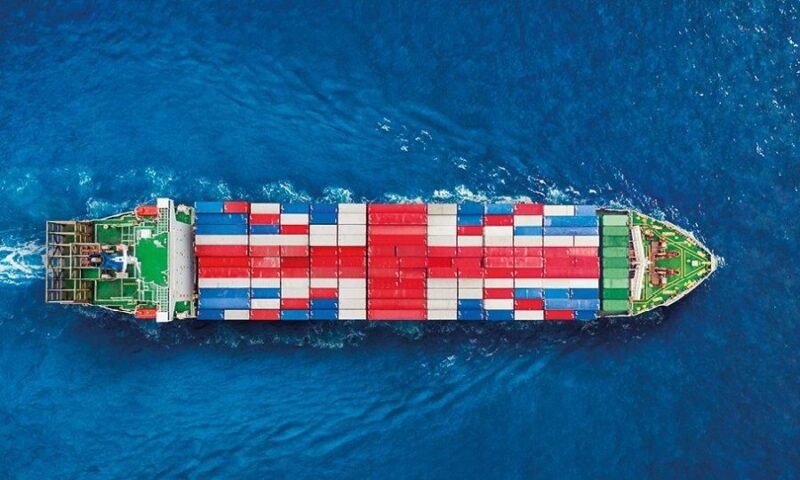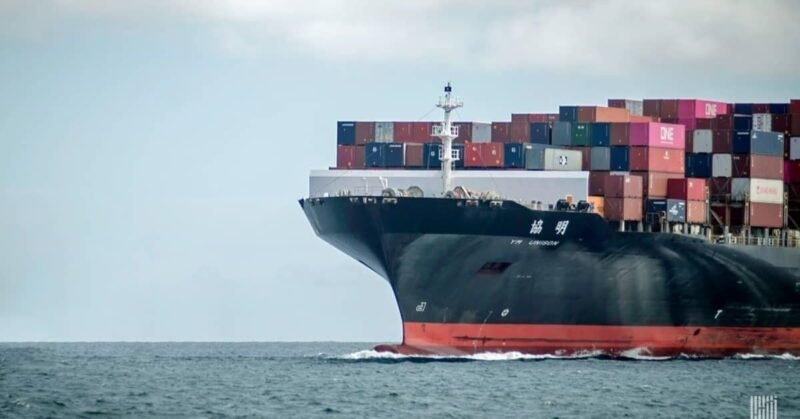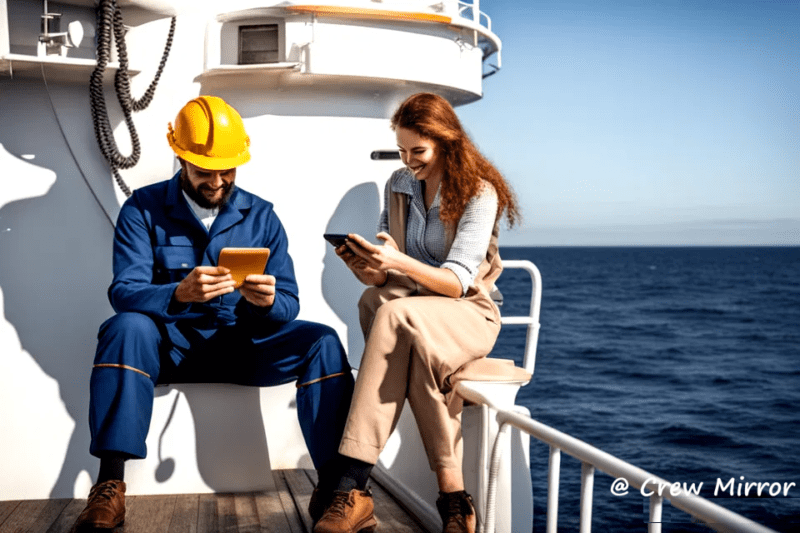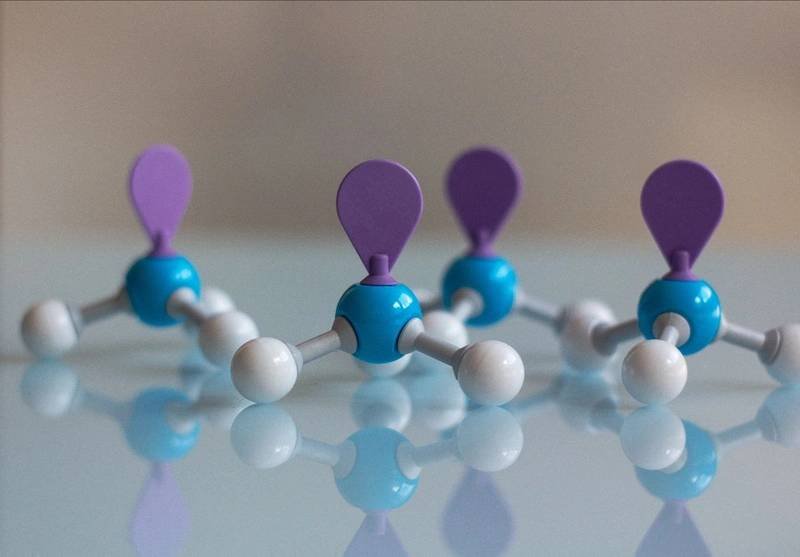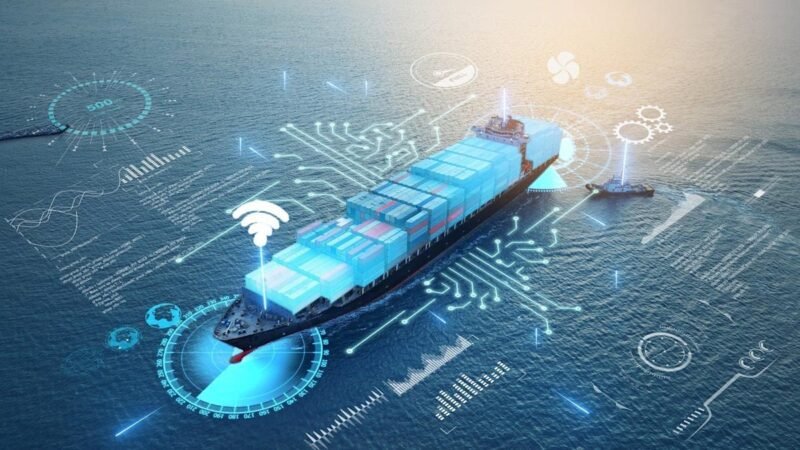For years, the shipping industry has approached autonomy with cautious optimism, often viewing it as a distant future prospect. However, Yarden Gross, CEO of Orca AI, argues this mindset is outdated. The reality is that autonomous ships are already operational, with AI capabilities enhancing commercial vessels. Classification societies are certifying these systems, and regulators are encouraging faster adoption rather than hindering it.
The myth that the industry should wait for perfect technology before implementing autonomy is dangerous. Technological revolutions rarely arrive fully formed; they evolve through real-world application. With crew shortages and stringent emissions targets, the economic necessity for autonomy is driving its rapid integration into shipping. Incremental systems like AI-powered collision avoidance are already proving their worth, enhancing safety and operational efficiency.
The regulatory framework is struggling to keep pace with technological advancements. While the International Maritime Organization (IMO) debates guidelines, autonomous systems are continuously improving. The emphasis should shift from waiting for regulatory certainty to leveraging the competitive advantages that autonomy offers.
Finally, the focus should be on hybrid intelligence, where humans and AI collaborate, capitalizing on their respective strengths. Autonomy is not meant to replace seafarers but to enhance their roles, making the industry more appealing to new talent. Embracing this change is essential for a sustainable and competitive future in shipping.
Share it now







